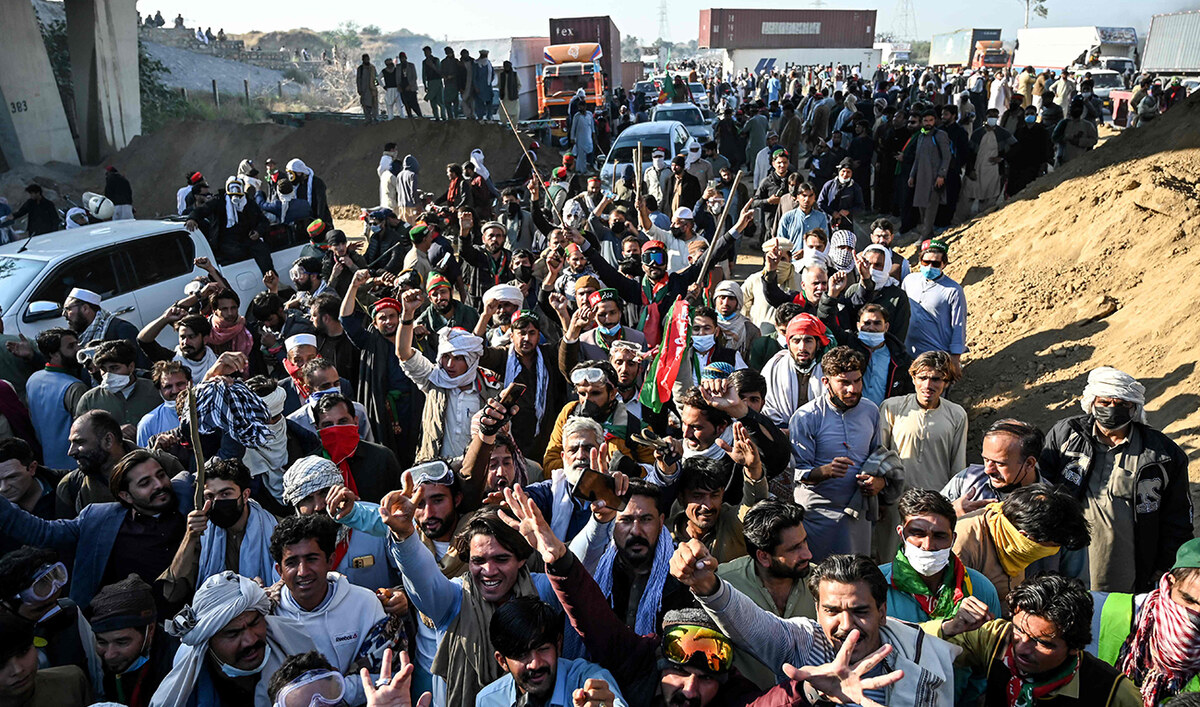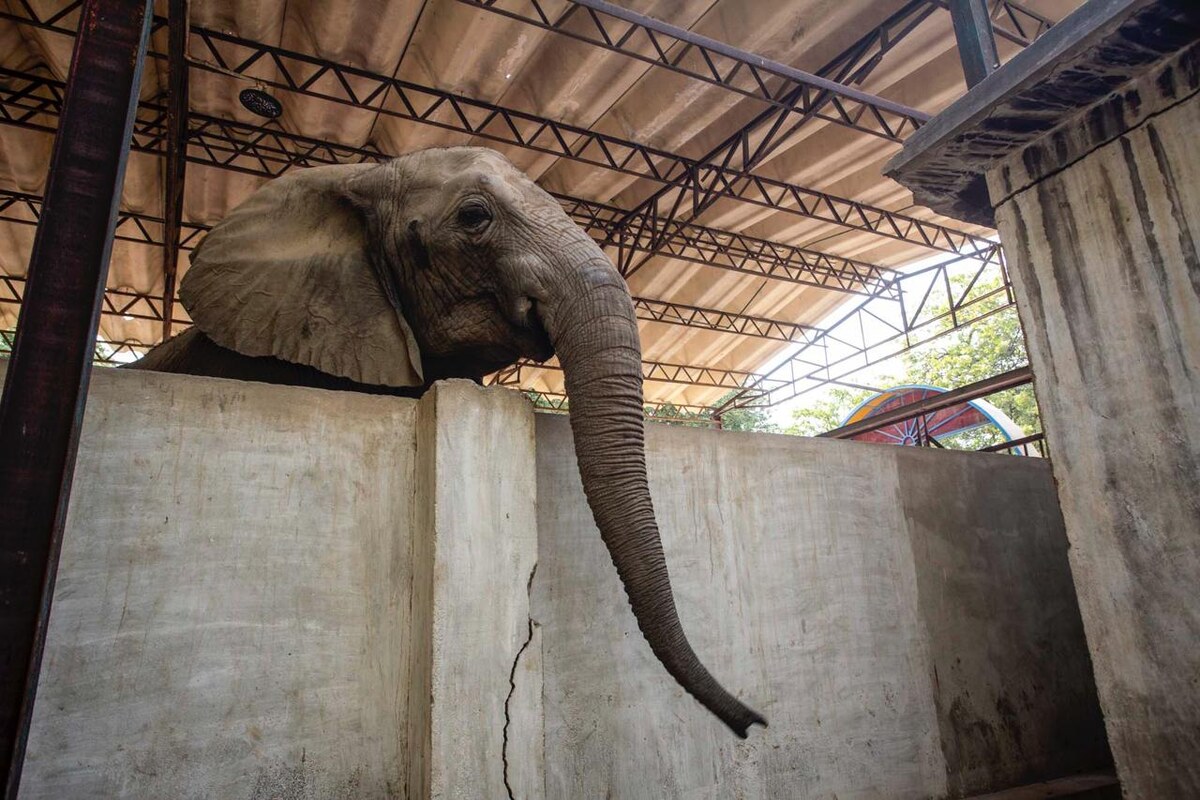ISLAMABAD: The Pakistan government on Monday jacked up the prices of electricity and gas as virtual negotiations started with the International Monetary Fund (IMF) in a bid to revive a stalled bailout program and unlock critical funding for the cash-strapped South Asian nation.
An IMF mission visited Islamabad from January 31 to February 9 but departed without a deal after 10 days of talks, leaving Pakistan in desperate need of funds as it battles a wrenching economic crisis. Talks have now resumed online and center around reaching an agreement on a reform agenda under the country’s $6.5 billion bailout program, which was signed in 2019. An agreement on the ninth review of the program would release over $1.1 billion.
On Monday, to complete prior actions as per IMF conditionalities, the government jacked up the price of natural gas by up to 124 percent for all domestic and commercial consumers. This price hike will also be applicable to the power sector and fertilizer and CNG stations across the country.
The government has already approved a significant increase in electricity prices by up to Rs15.5 per unit for all residential and commercial consumers and exporters.
“We are hopeful to clinch a staff-level-agreement with the IMF by the end of this week,” a senior official of Ministry of Finance told Arab News on condition of anonymity as he was not authorized to speak to the media about the issue.
“Duration (of the talks) cannot be confirmed but we intend to wrap these up at the soonest,” Finance Secretary Hamed Yaqoob Sheikh told media.
Islamabad is looking to receive a tranche of $1.1 billion from the international lender if it “successfully completes all prior actions” before reaching the staff level agreement.
The government has already received a memorandum of economic and financial policies (MEFP) from the IMF listing all prior actions and demands that Pakistani authorities need to implement for the revival of the bailout program.
The talks come as Pakistan faces a crippling dollar liquidity crunch with its official foreign currency reserves currently at $2.916 billion, barely enough to cover three weeks of imports. A resumption of the IMF program would also unlock other avenues of funding for Pakistan.
The dollar shortage has forced the government to restrict even the import of essential items, including medical equipment and industrial raw material, which has had a negative impact on Pakistan’s overall economy. Industries such as steel, textiles and pharmaceuticals are barely functioning, forcing thousands of factories to close and deepening unemployment.
Economists said apart from the fulfilled prior actions, the government would still have to “do much more” to be able to get the latest loan tranche, including imposing new taxes, reopening imports and clearing billions of rupees of circular debt of the energy sector.
“The government will be sharing all the data with the IMF representatives during the virtual talks to show the progress made on the prior actions,” Dr. Khaqan Hassan Najeeb, a former economic adviser to the government, told Arab News.
“The biggest challenge for the government so far is to arrange the external financing of $7-8 billion from different sources including the friendly countries to boost its foreign exchange reserves.”



























